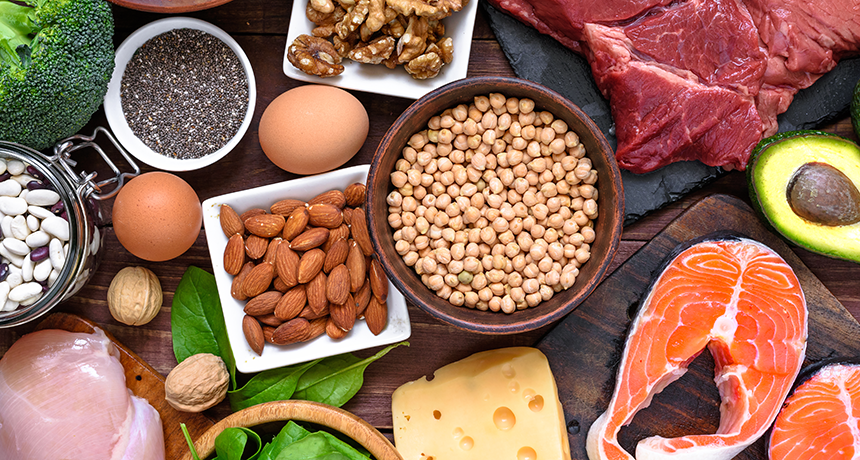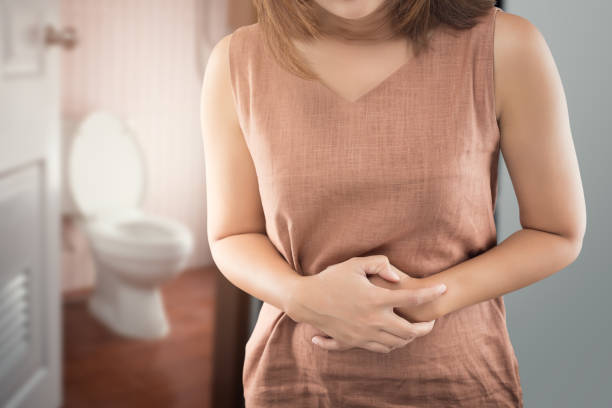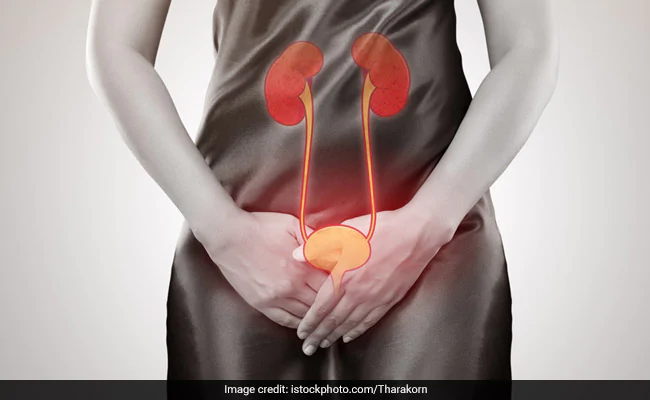- Our Doctors
- Our Specialities
Centres of Excellence
-
 Centre for Blood Diseases, BMT & Cancer Immunotherapy
Centre for Blood Diseases, BMT & Cancer Immunotherapy -
 Centre for Bone, Joint & Spine
Centre for Bone, Joint & Spine -
 Centre for Critical Care Medicine and ECMO Services
Centre for Critical Care Medicine and ECMO Services -
 Centre for Gastrosciences
Centre for Gastrosciences -
 Centre for Heart & Vascular Care
Centre for Heart & Vascular Care -
 Centre for Nephro-Urosciences
Centre for Nephro-Urosciences -
 Centre for Neurosciences
Centre for Neurosciences -
 Centre for Obstetrics and Gynaecology
Centre for Obstetrics and Gynaecology -
 Centre for Organ Transplantation
Centre for Organ Transplantation
Super Speciality
-
 Advanced Diagnostic and Interventional Radiology
Advanced Diagnostic and Interventional Radiology -
 Anesthesiology & Pain Management
Anesthesiology & Pain Management -
 Clinical Nutrition and Dietetics
Clinical Nutrition and Dietetics -
 Dental and Maxillofacial Surgery
Dental and Maxillofacial Surgery -
 Dermatology
Dermatology -
 Emergency and Trauma
Emergency and Trauma -
 Endocrinology and Metabolic Disease
Endocrinology and Metabolic Disease -
 ENT and Head & Neck Surgery
ENT and Head & Neck Surgery -
 Family Medicine
Family Medicine -
 General and Laparoscopic Surgery
General and Laparoscopic Surgery -
 General Medicine
General Medicine -
 GI Onco Surgery
GI Onco Surgery -
 GI Oncology
GI Oncology -
 GI Surgery, Advanced Laparoscopy and Gastro Oncosurgery
GI Surgery, Advanced Laparoscopy and Gastro Oncosurgery
-
- Key Procedures
- Our Hospitals
- International Patient
- Contact us
-
Quick Links
Blogs

Cancer and Diet
There is no specific food group that can prevent cancer and as much that is true, cutting down specific foods won't eliminate your risk either. But eating a nutrient-rich diet rather than a mere calorie-based diet helps reducing your risk for cancer and several other chronic diseases. Following a diet rich in vegetables, whole grains, beans, and fruit, and some basic guidelines can help you fight against cancer.
How Does Cancer Affect Diet?
Cancer and ongoing cancer treatments are most likely to disturb the digestion. Dietary issues are noticeable when tumours involve the head, neck, esophagus, stomach, intestines, pancreas, or liver. These treatments cause various food-related issues such as loss of appetite and taste, weakness, fatigue, muscle loss, constipation, and malabsorption. Since cancer leads to fluctuations in appetite and body weight, the right nutrition helps to manage the effects of chemotherapy and radiation by reducing inflammation, preserving immune function, and increasing energy levels. Most nutritionists recommend sticking with a balanced diet of lean proteins, fruits, vegetables, whole grains, low-fat dairy, and avoiding sugar, caffeine, salt, and alcohol. But every patient is different, and what works for some people may not be good for others. Ensure you include natural proteins to improve muscle loss, healthy fats, carbohydrates for increasing energy, and vitamins and minerals that boost immune function.
Antioxidants to the Rescue!
Antioxidants are substances that protect cells from the damage caused by free radicals that can play a role in causing cancer, heart disease, stroke, and other diseases of ageing. Antioxidants work by tracking down free radicals and neutralizing their harmful effects. That helps keep more of the body's cells healthy and less susceptible to becoming cancerous. Antioxidant nutrients include vitamins A, C, E, selenium, and carotenoids, such as beta-carotene, lutein, lycopene, and zeaxanthin. Many foods, particularly fruits and vegetables, contain these vitamins and have antioxidant properties.
Dietary Components to Monitor
Monitor your sugar, sodium, alcohol and red meat intake for a balanced diet and reduce your cancer risk. Added sugars are typically in less nutritional foods. Adult women should limit added sugars to 100 calories per day or 6 teaspoons; adult men should have no more than 150 calories or 9 teaspoons per day. Sodium is found in processed foods or added to meals. Limit daily sodium intake to 2,300 milligrams or less per day. Increased alcohol intake also increases cancer risk. Daily recommendations include one drink for women and two drinks for men. There is also an increased cancer risk if you eat more than 500 grams or roughly one pound per week of red or processed meat. Instead, choose fish, poultry or vegetarian protein sources.
Latest Posts
-
 Awake Craniotomy Jul 12, 2022
Awake Craniotomy Jul 12, 2022 -
 Curing Constipation Jul 12, 2022
Curing Constipation Jul 12, 2022 -
 The ‘Gut Health’ Buzz Jul 12, 2022
The ‘Gut Health’ Buzz Jul 12, 2022 -
 Tips to Prevent UTI Jul 12, 2022
Tips to Prevent UTI Jul 12, 2022
Categories
- Clinical Nutrition and Dietetics
- Endocrinology and Metabolic Disease
- General and Laparoscopic Surgery
- General Medicine
- Physical Medicine and Rehabilitation
- Psychiatry
- Centre for Heart & Vascular Care
- Centre for Bone, Joint & Spine
- Centre for Neurosciences
- Centre for Gastrosciences
- Centre for Nephro-Urosciences
- Centre for Blood Diseases, BMT & Cancer Immunotherapy
- Centre for Obstetrics and Gynaecology

 +91 9393 108 108
+91 9393 108 108

















































